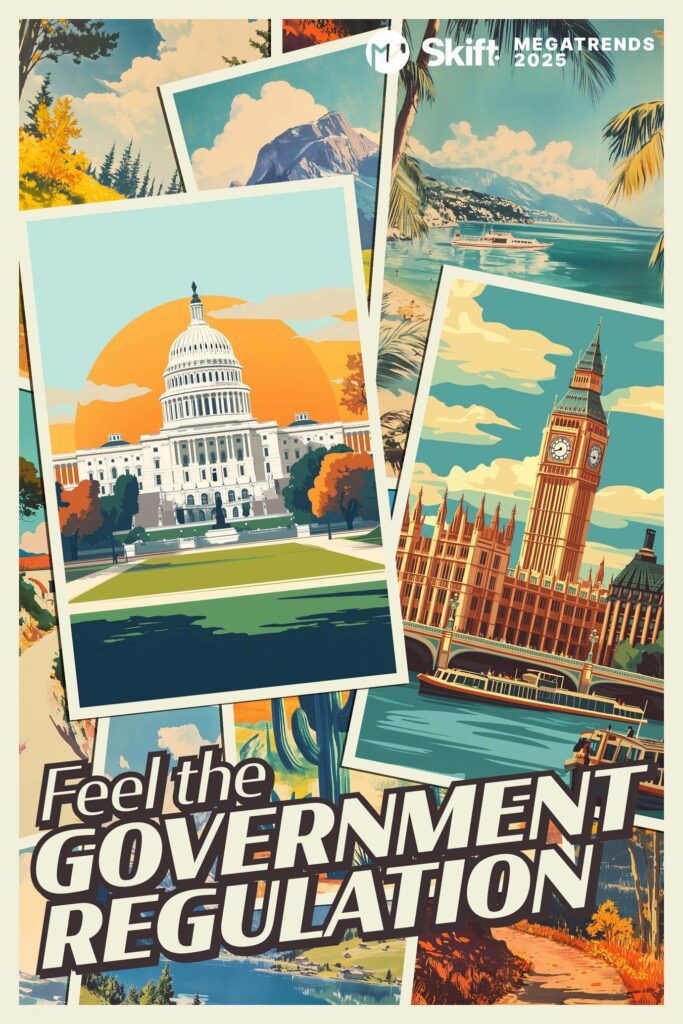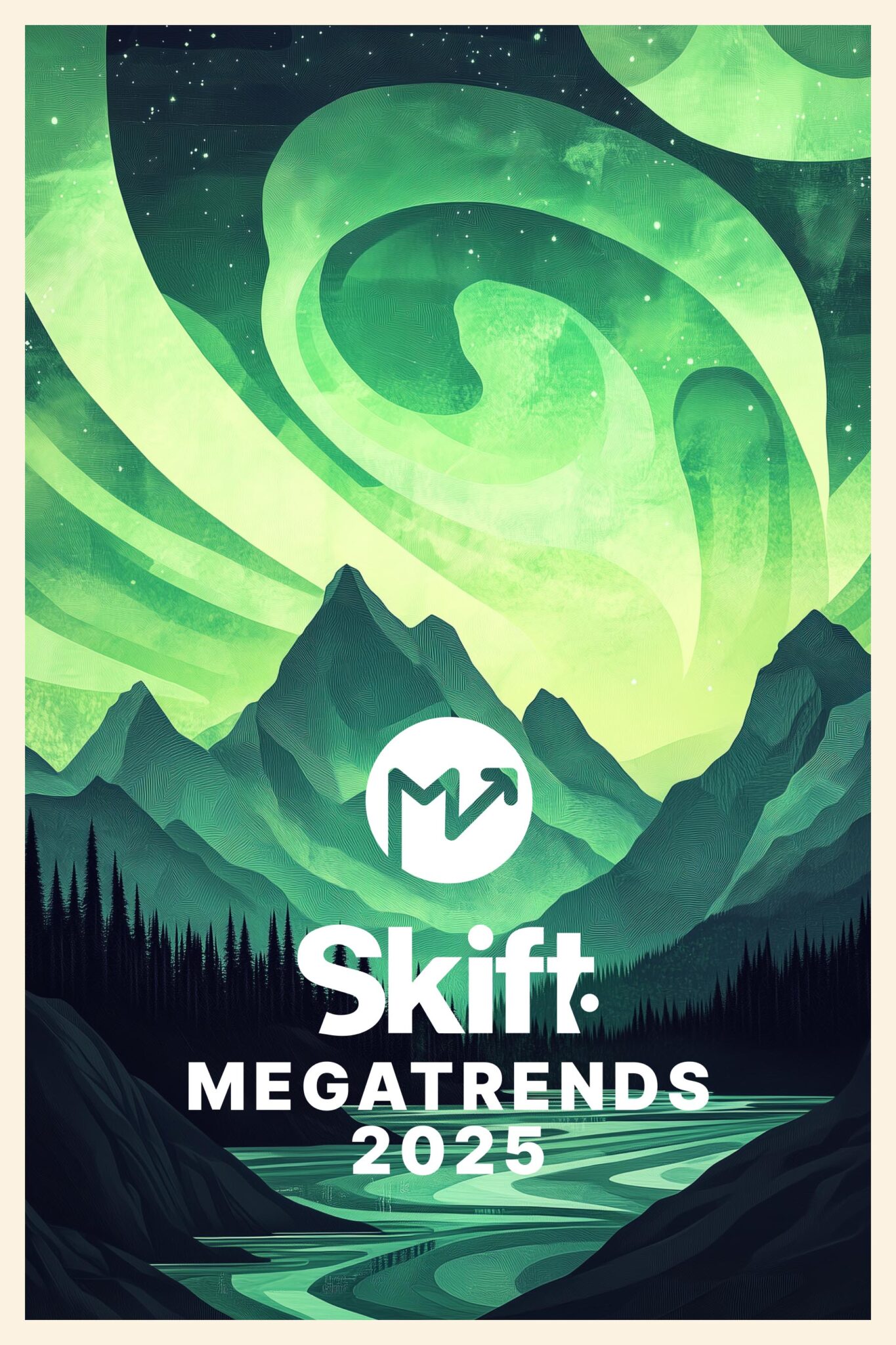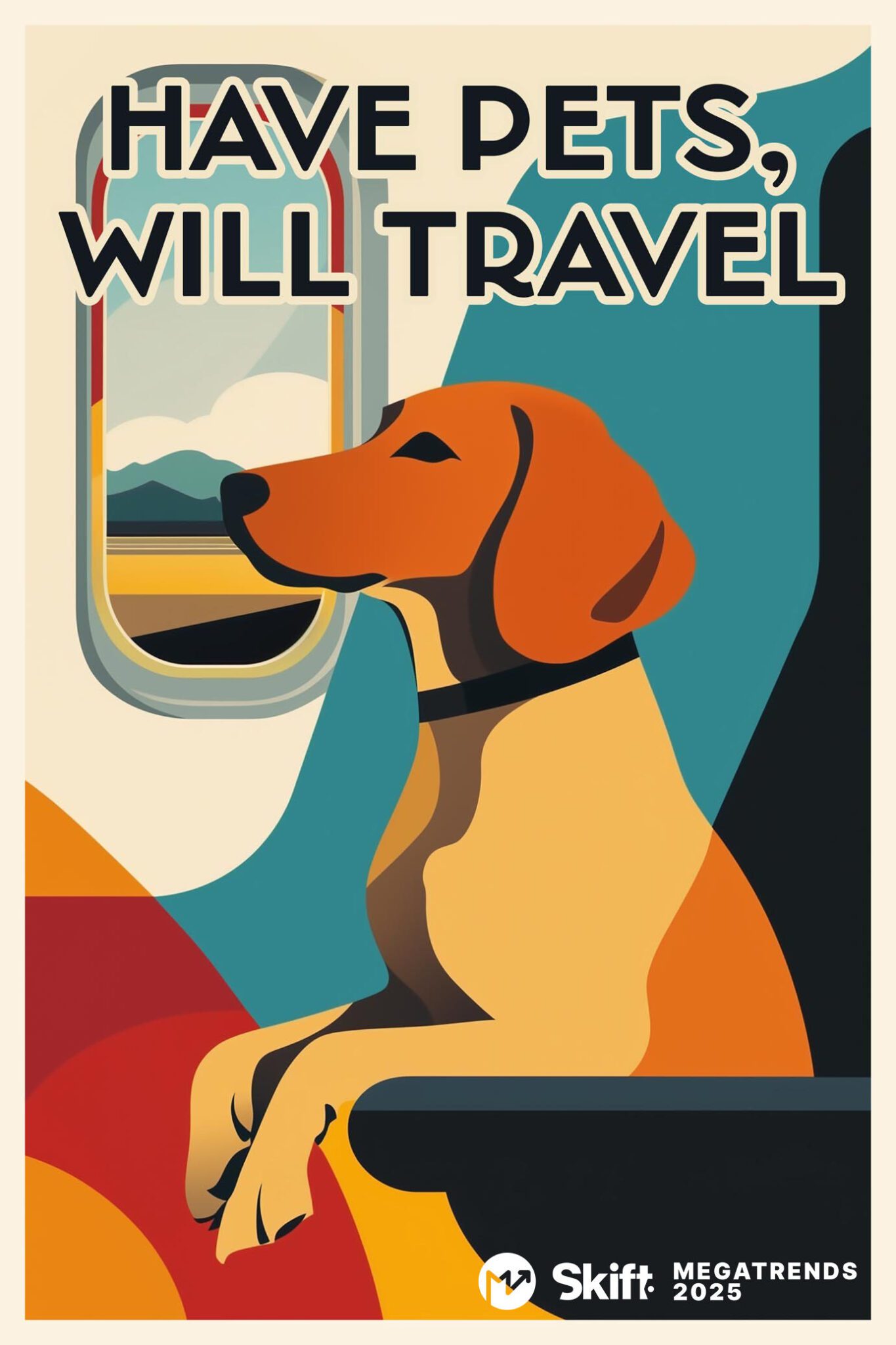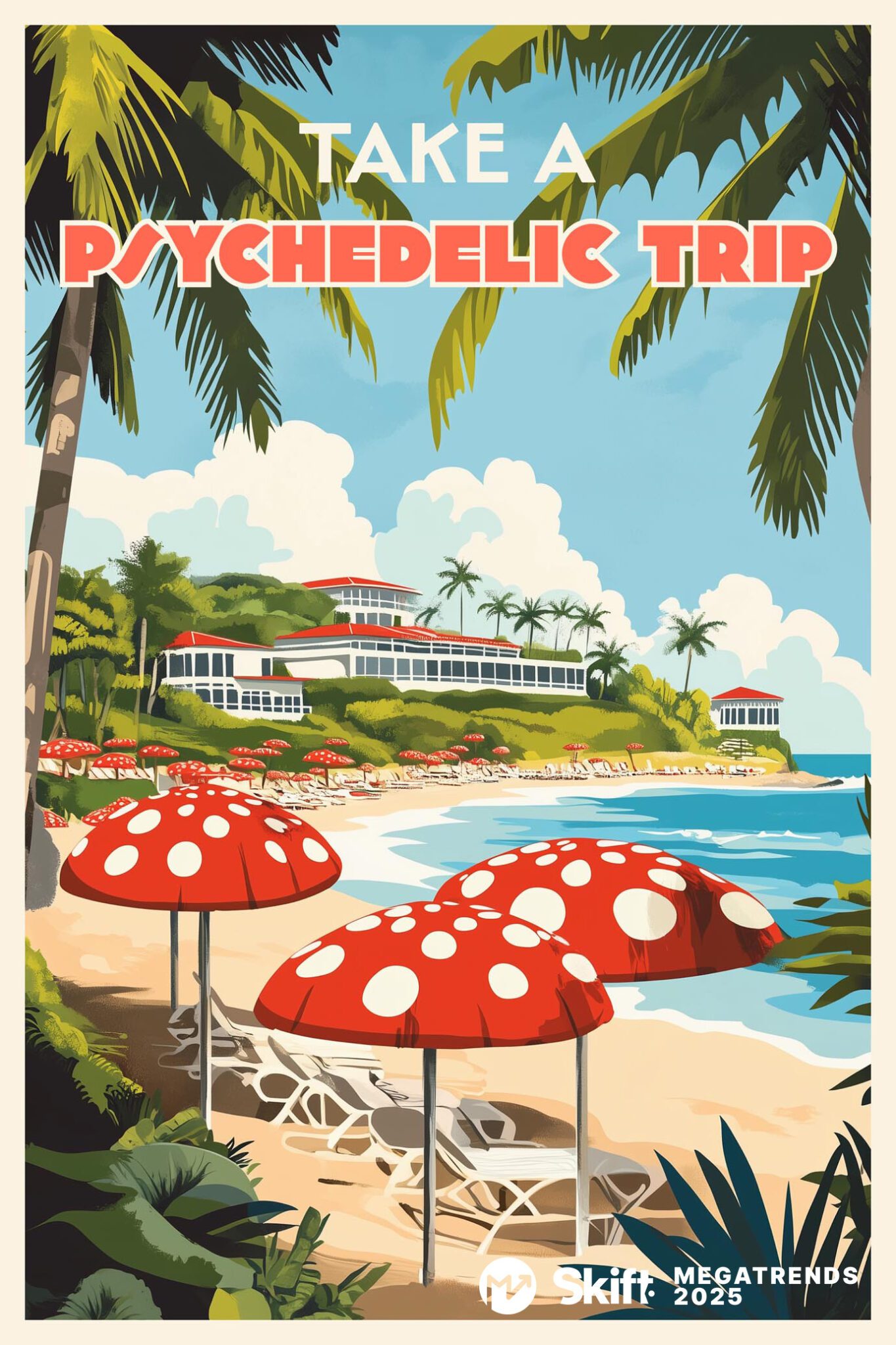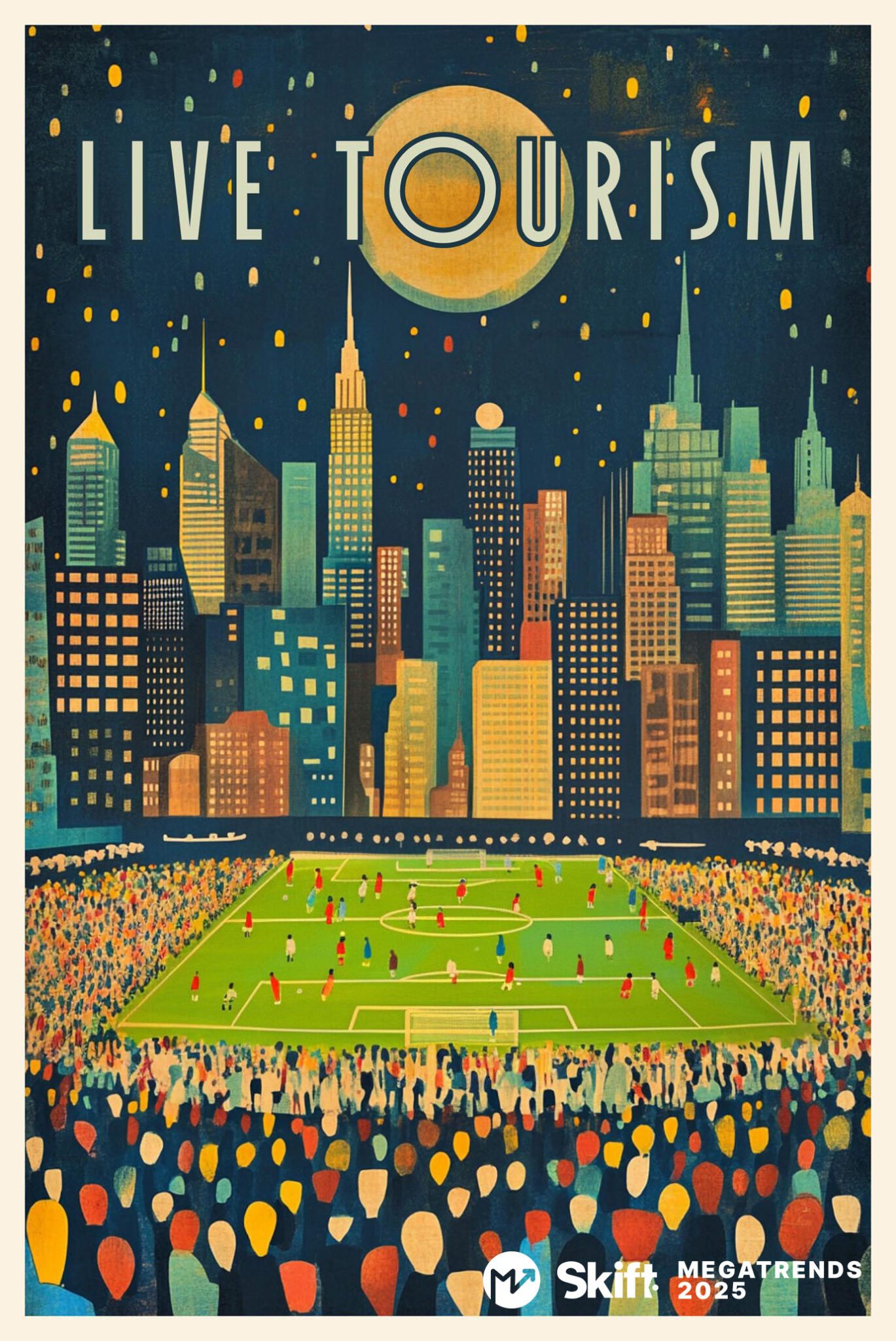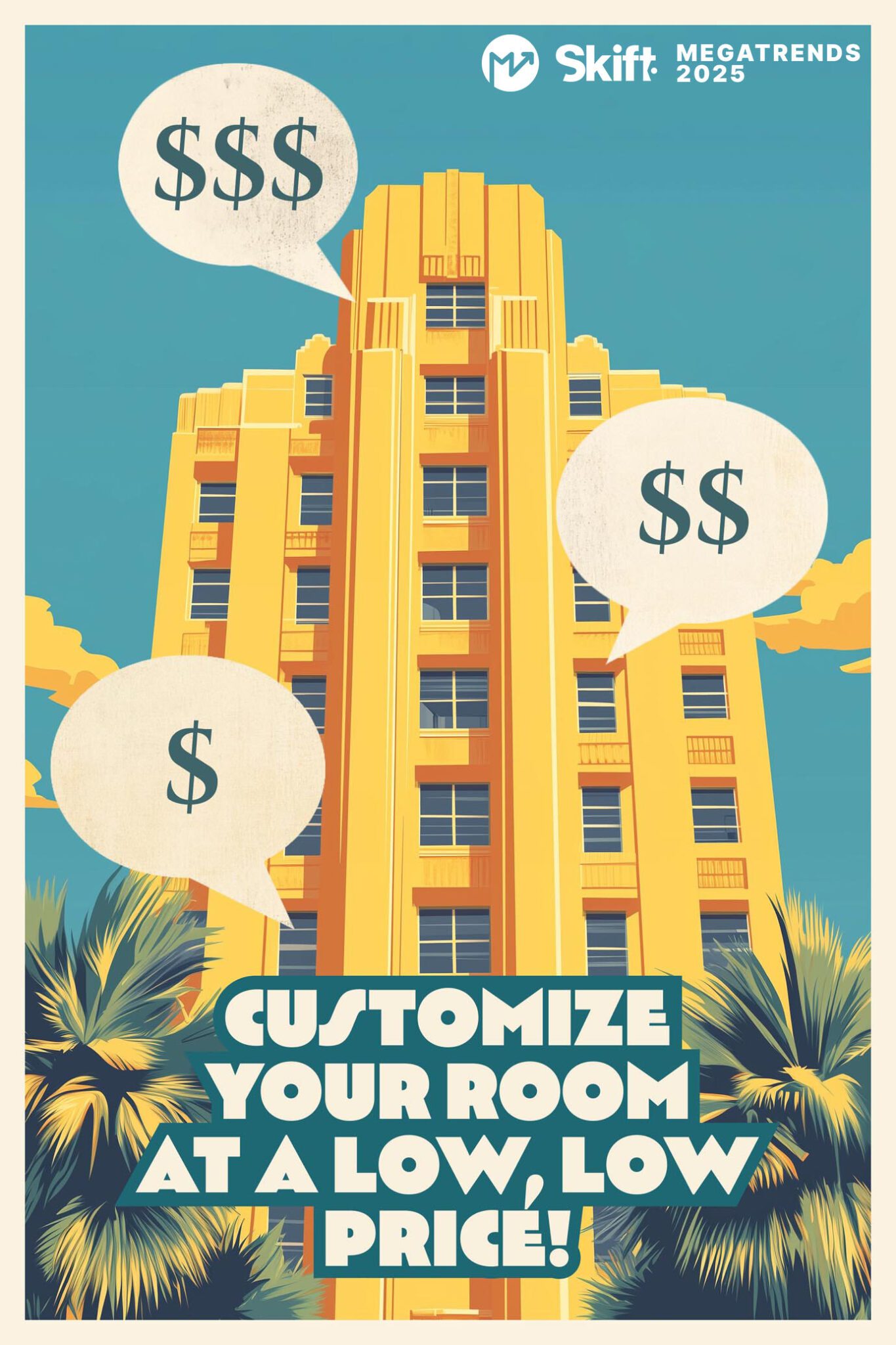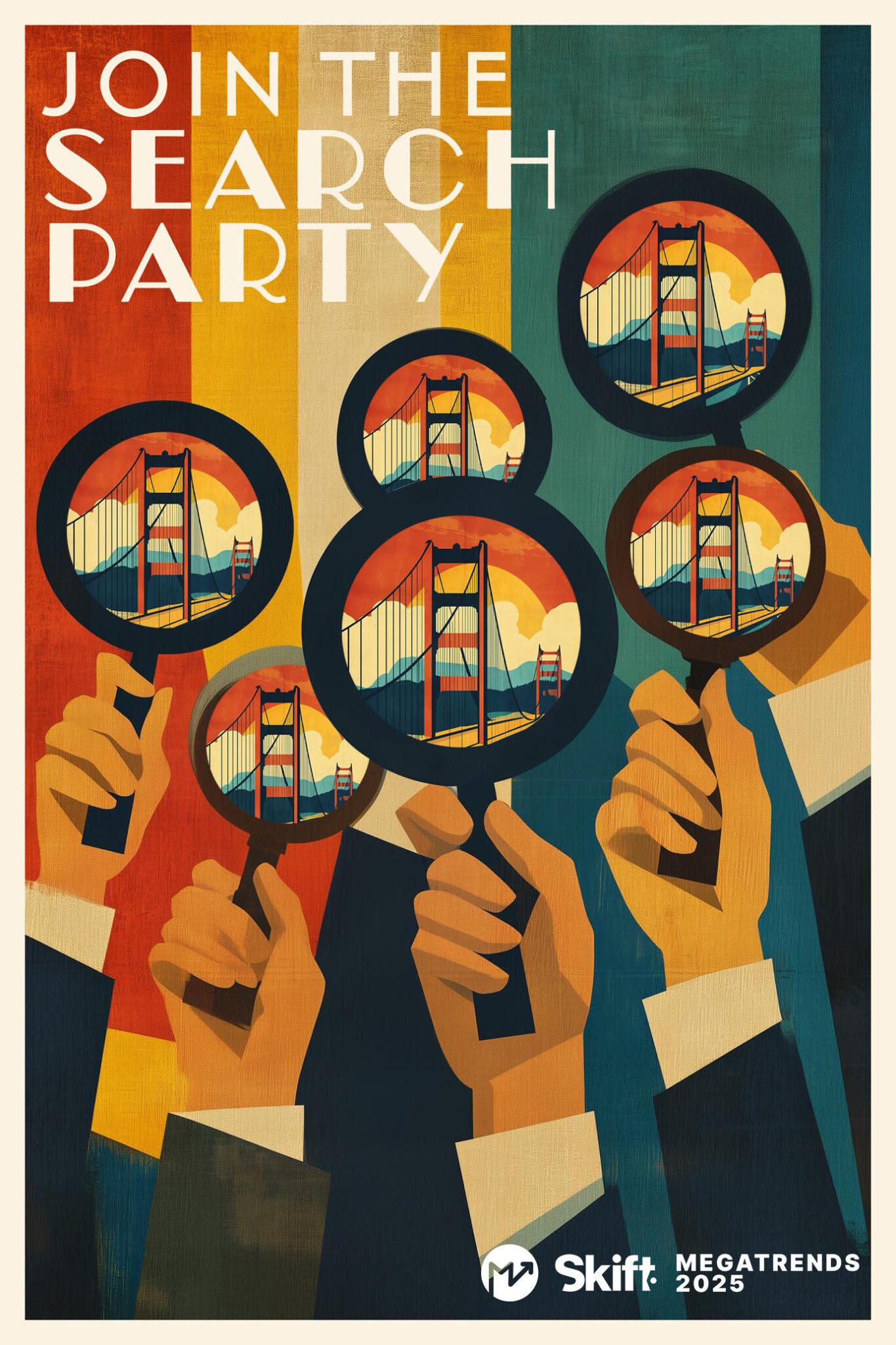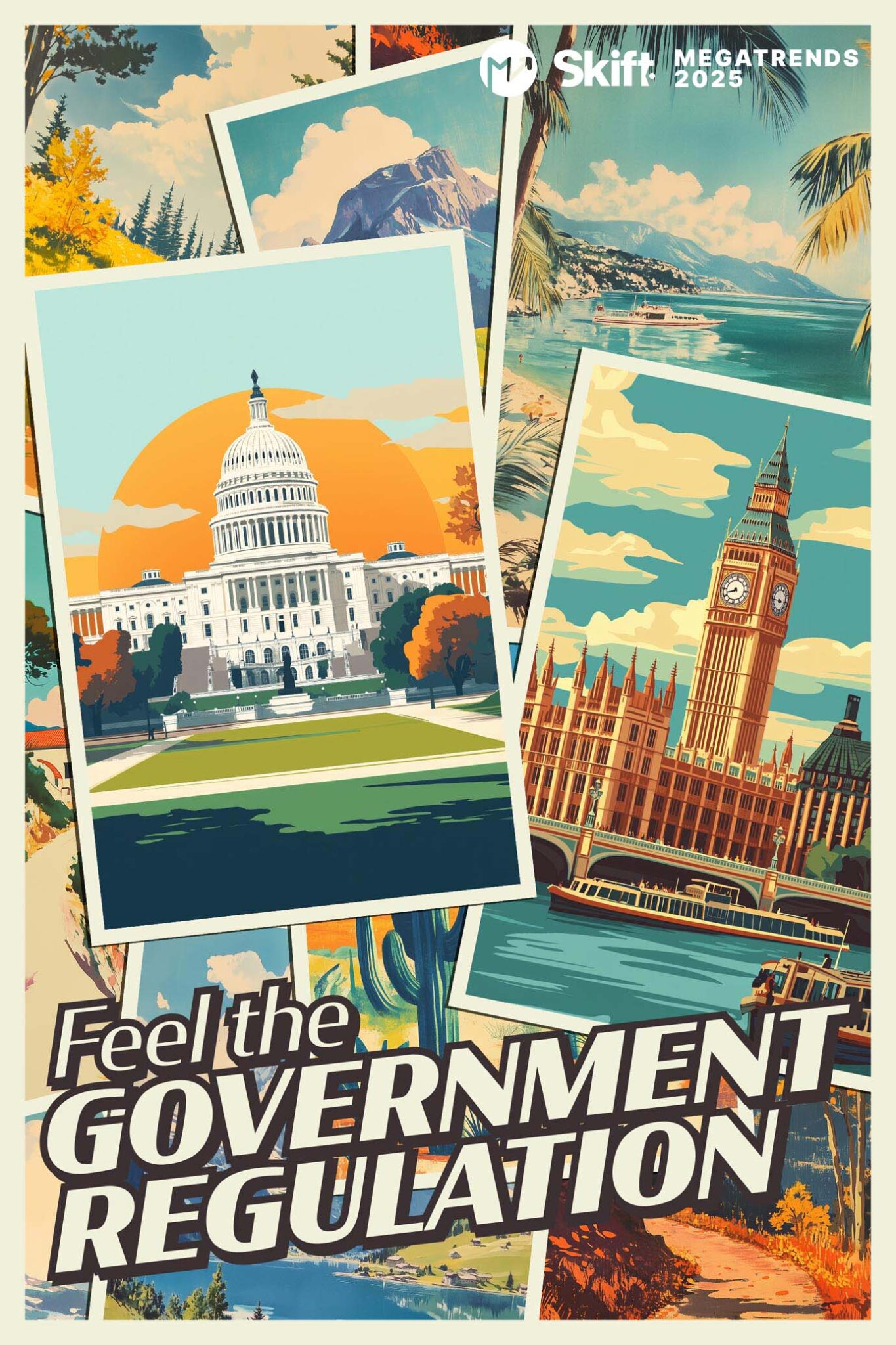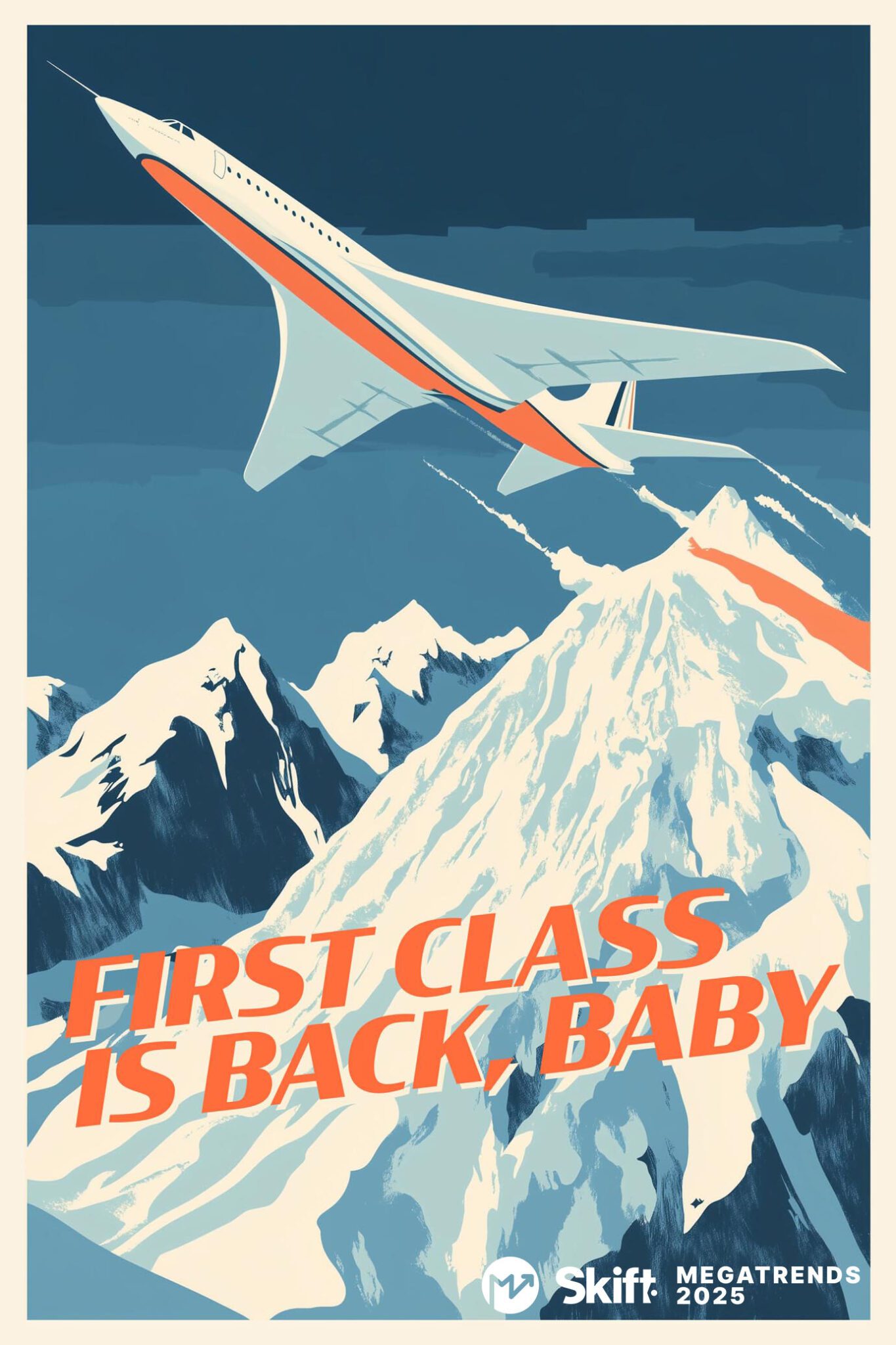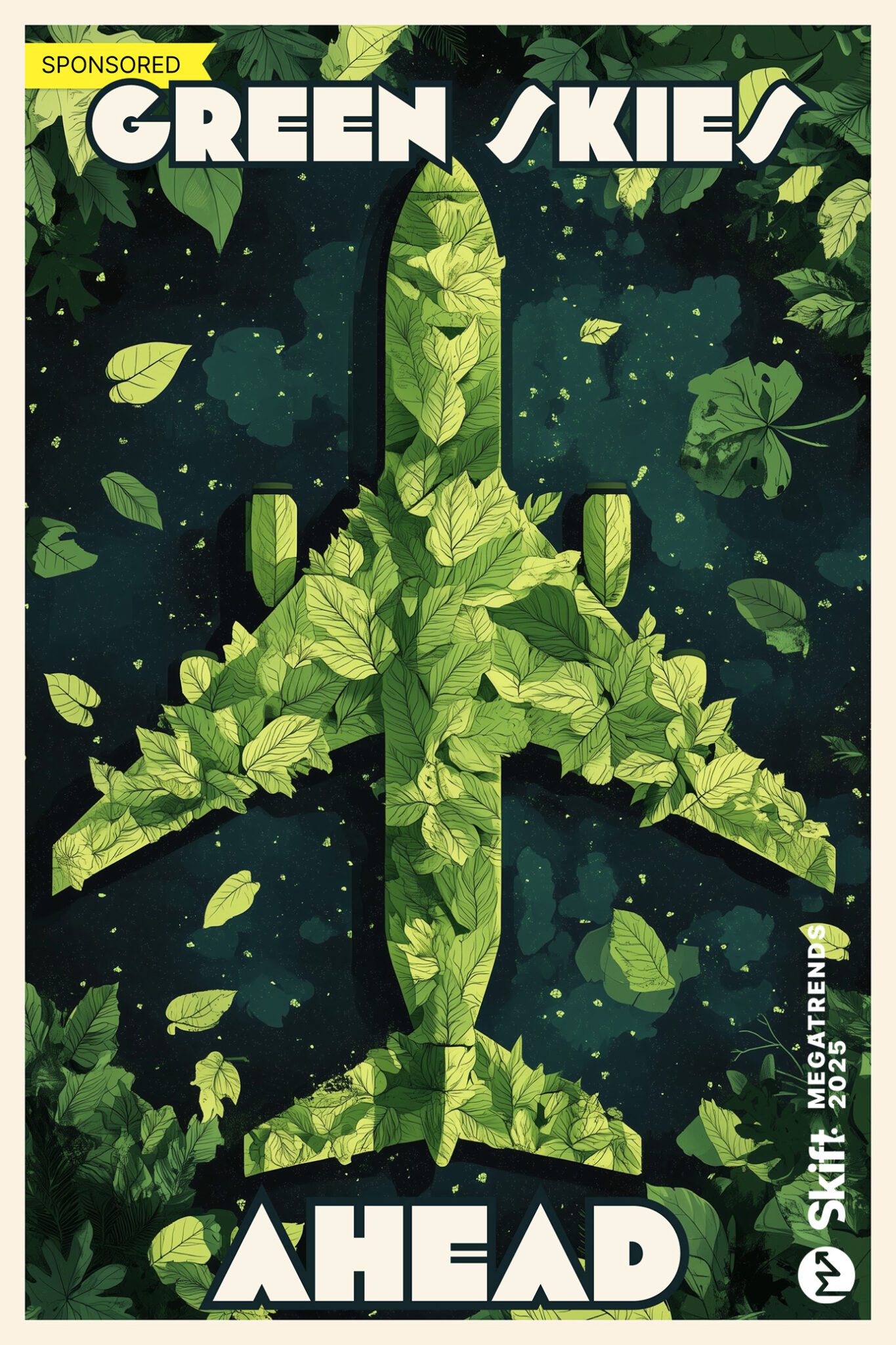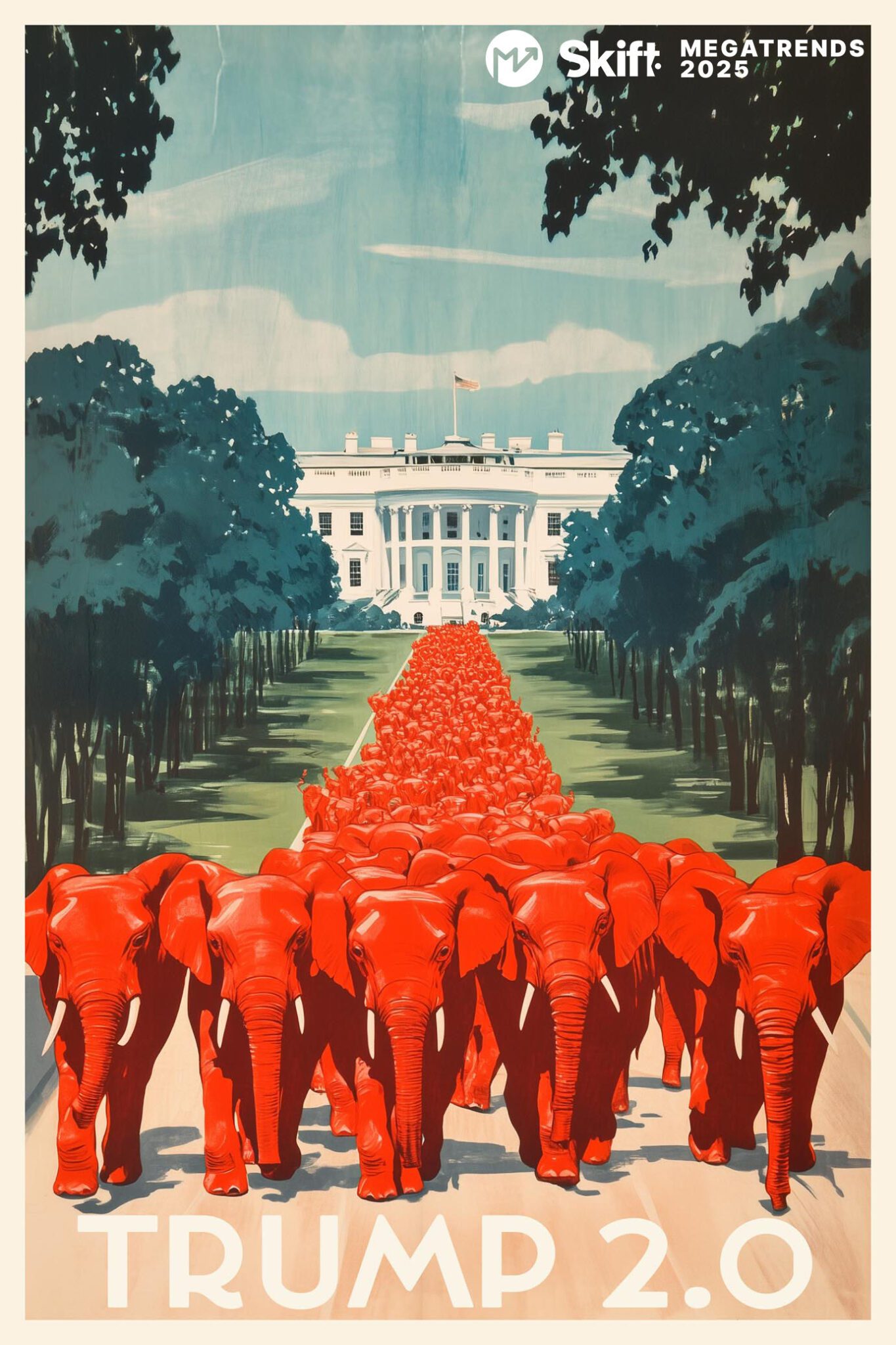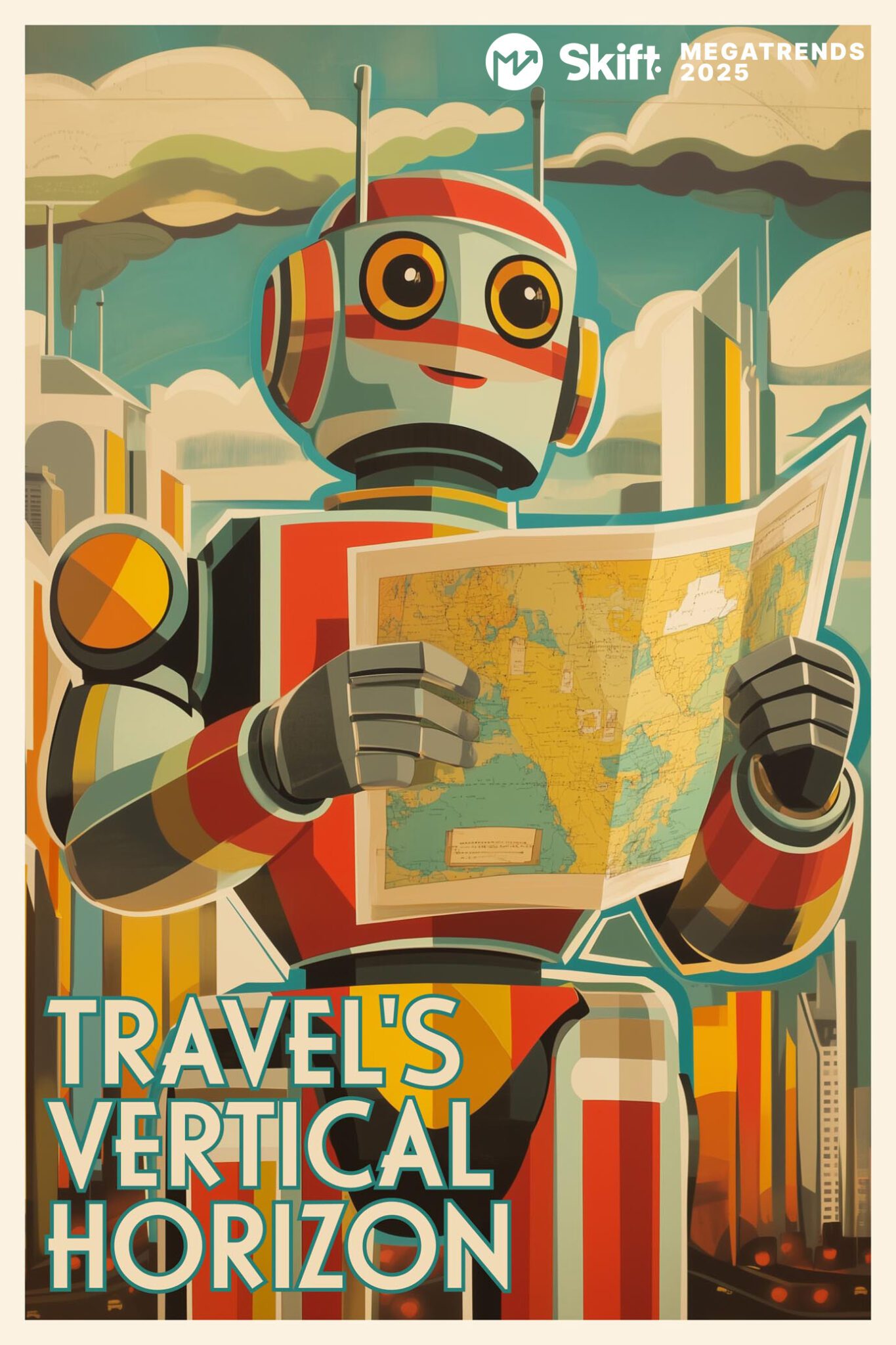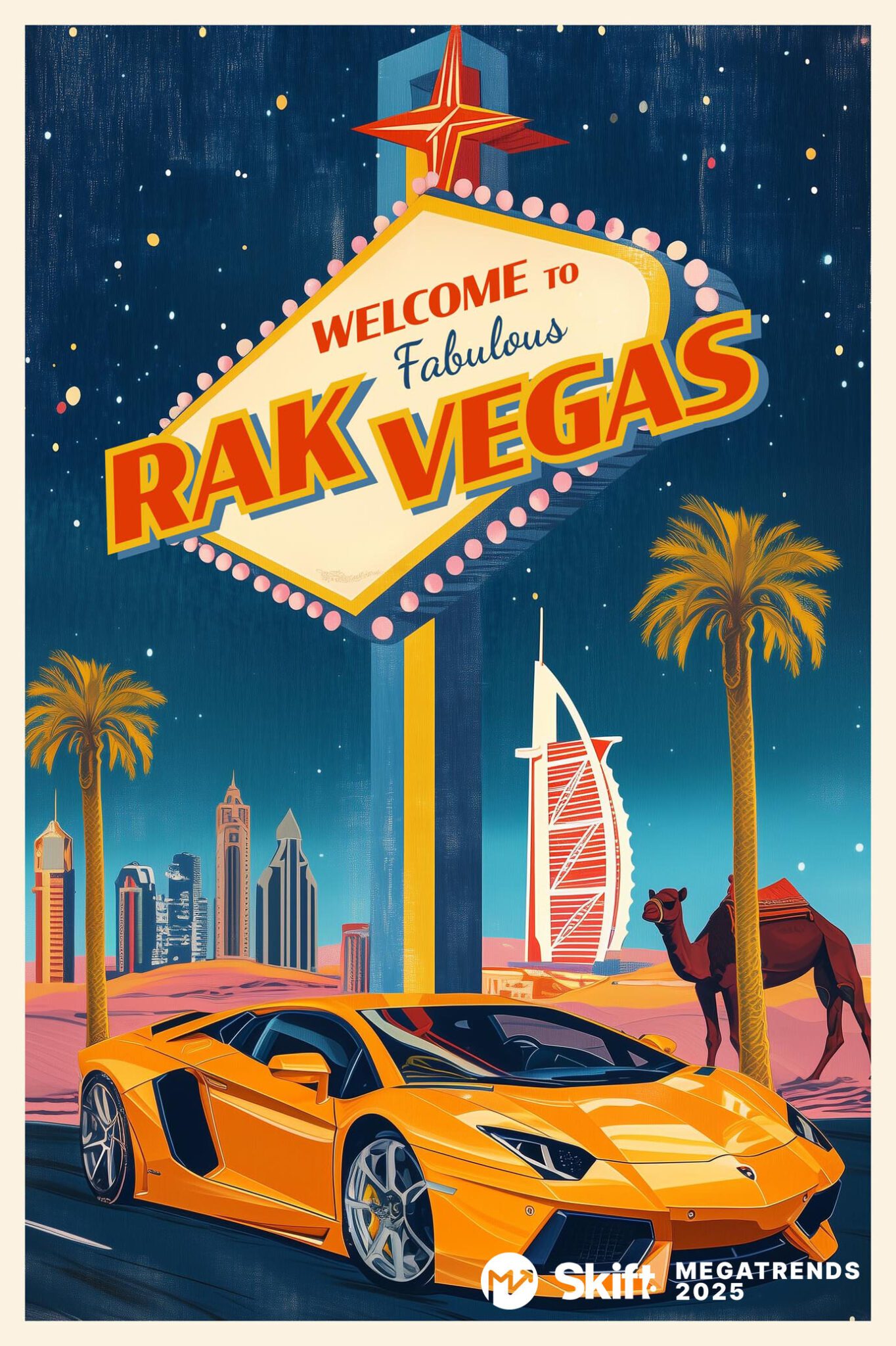Governments Will Be a Bigger Part of Travel Plans
The backlash against overtourism got intense in 2024: In Barcelona, residents sprayed water guns at tourists; in Mallorca, protestors marched and chanted “tourists go home.”
Governments worldwide are responding with stricter rules on travel and tourism — and you can expect more to come.
There will be short-term rental bans. New fees at popular destinations. And reservation systems to better manage visits.
For example, Florence has a ban on key boxes used for short-term rentals and loudspeakers, commonly used by tour guides. Pompeii is limiting the number of visitors to 20,000 per day. Amsterdam already limited the number of cruise ships allowed into its ports, placed more restrictions on short-term rentals, and paused new hotel developments.
Governments Crack Down on Short-Term Rentals but to No Avail
Perhaps one of the biggest responses to overtourism has been restrictions on short-term rentals. Barcelona plans to ban all short-term rentals by 2029. Rome will have more registration and building code requirements. New York City might be one of the most high-profile examples of a short-term rental ban.
Bram Gallagher, director of economics and forecasting at AirDNA, said the impact of short-term rental regulations is mixed. He said cities like Barcelona already had some restrictions, and they didn’t have much effect in stopping overtourism or creating more affordable housing.
“They haven't really helped overtourism at all or helped affordability or availability of housing,” Gallagher said. “And further reducing this already reduced stock, I don't believe is going to have a significant effect either.”
Expect More Fees During Your Next Trip
Some of the most popular tourist destinations are already implementing taxes for visiting a city or a major attraction.
Iceland reinstated its tourist taxes for hotels and alternative accommodations after suspending it for the duration of the pandemic.
The country has become an increasingly popular tourist destination for adventure and nature travel, but overtourism was putting pressure on its natural resources, Iceland prime minister Katrin Jakobsdottir told Bloomberg.
Even in the U.S., multiple states already have tourist taxes in place for short-term rentals.
And others are starting to implement their first ever tourism taxes. Edinburgh, for example, plans to start charging guests a tourist tax of 5% per room night, capped at seven consecutive days, in 2026. The tax would be applied to guests staying at hotels, short-term rentals, hostels and bed and breakfasts.
But why are these fees becoming so popular?
Part of it is to generate more revenue for local governments, since tourists don’t vote in elections and are easier to target. Edinburgh’s city council said the tourism taxes would go toward supporting affordable housing, infrastructure, destination management, culture, heritage and events.
Even in the U.S., Airbnb hosts contributed as much as $2.2 billion in tourism taxes as multiple states look to put more restrictions on short-term rentals.
But a bigger issue for many cities is overtourism.
Rome’s tourism chief told Skift that visiting the Trevi Fountain had become “total chaos” due to overcrowding and tourist misbehavior. Now, the city is looking to better manage visits to the Trevi Fountain with a tourist fee and a reservations system.
“We want first of all, to enhance an extraordinary monument, and then we want to guarantee a unique, special and serene experience for all tourists,” Rome’s deputy mayor of tourism Alessandro Onorato told Skift in September.
National Parks Service Paves the Way
The U.S. National Parks System has struggled with overtourism for years. An influx of visitors has led to problems with overcrowding and littering. Overtourism has also put a strain on the parks’ natural resources.
In 2023, the National Parks Service reported 325.5 million visits to 400 different national parks, up from 13 million in 2022.
But the National Parks Service may have found a solution: Some of the most popular national sites like Yosemite require reservations to visit and others like Glacier and Mount Rainier have implemented vehicle reservation systems for their most popular entrances.
“These reservation systems that are in place are really meant to make sure that people have an enjoyable experience and a memorable experience and one that doesn't include circling in a parking lot and looking for a spot or waiting in a long entrance line,” said Kathy Krupper, a public affairs specialist at the National Parks Service. “What we've seen the reservation systems do is help people plan better for their trip.”
“We've really seen that help spread visitation out throughout the days of the week,” Krupper said.
More Trends
Stay Ahead of the Megatrends With The Daily
Skift's morning newsletter delivers breaking news, features, and exclusive analysis from around the world straight to your inbox, five days a week.

